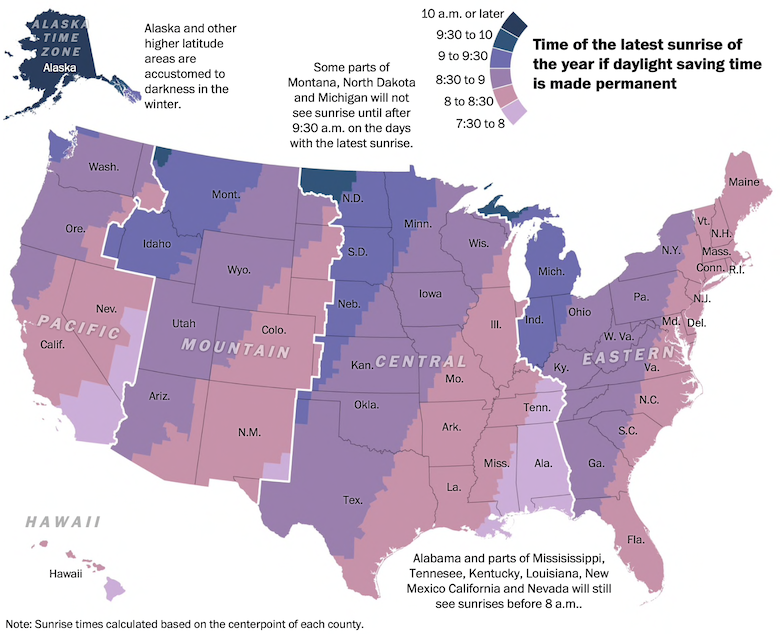Politicians in the US (and many ordinary Americans) like to boast about how this country is the greatest and the oldest continuing democracy. The former claim has always been dubious since from the beginning the country has gone out of its way to limit the right to vote to a favored class: first by not giving Blacks and women to vote, then by placing restrictions like poll taxes and literacy tests that excluded the poor, and to this date seeking to find novel ways to discourage poor and minority communities from voting by making them jump through various hoops and by gerrymandering electoral districts so that the elected representatives are not representative of the electorate.
[Read more…]


